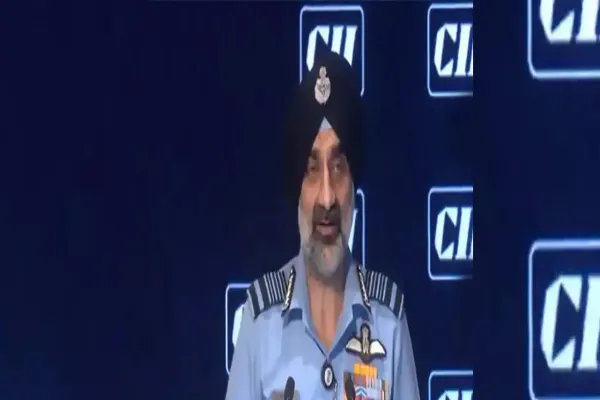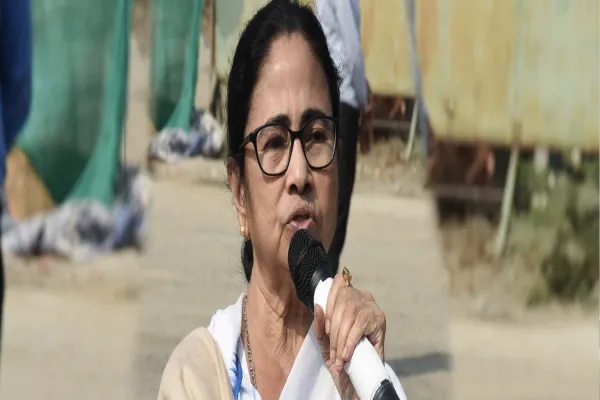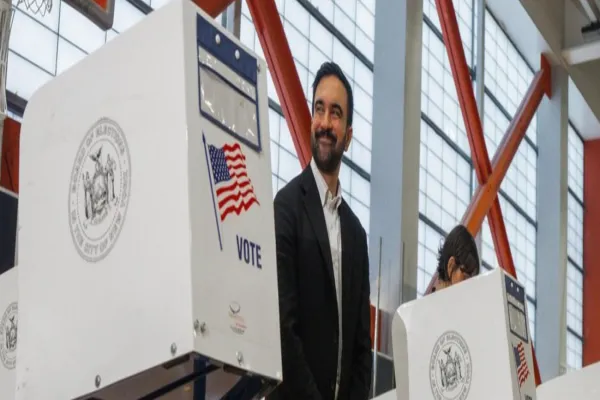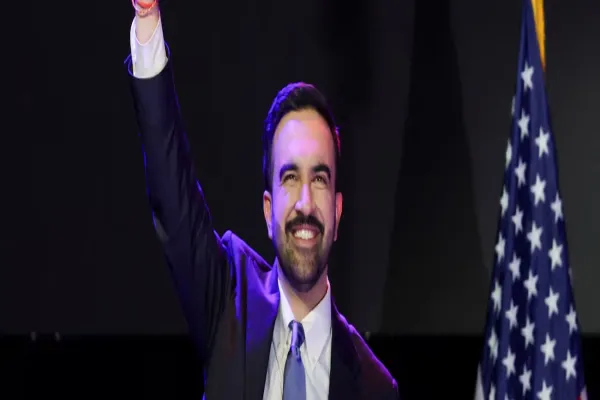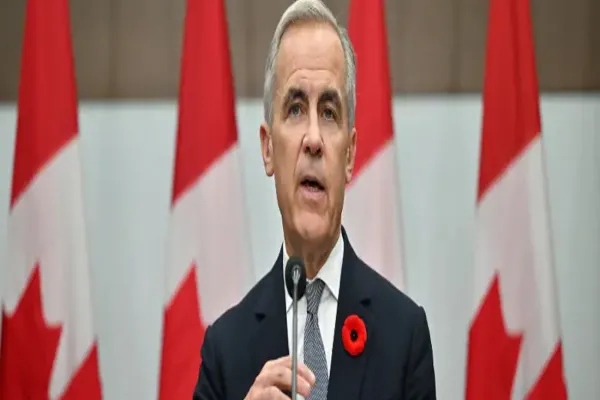i NEWS INTERNATIONAL
Indian Air Force (IAF) Chief, Air Chief Marshal A.P. Singh, has said that any decision regarding the creation of a new joint command structure for India’s armed forces will be taken in the “national interest,” amid reports of disagreement among the three services over the proposed “theaterisation” plan. According to Kashmir Media Service, speaking at the India Defence Conclave in New Delhi, the IAF Chief claimed that his force was not opposed to the theater command concept but emphasized that the move should follow detailed analysis and inter-service consultation.
The theaterisation initiative seeks to bring the Army, Navy, and Air Force under unified geographical commands headed by a single commander — a proposal that has sparked unease within the military establishment, particularly among Air Force officers. Air Chief Marshal Singh said, “We may need another joint structure, but let’s not go by models that exist elsewhere and assume they fit us.” He maintained that reforms should evolve from lessons learned through recent military operations rather than being imposed through external templates.
Asked whether the IAF had resisted the move after the failed “Operation Sindoor,” Singh avoided a direct answer, saying the focus should be on evaluating existing capabilities and ensuring operational coordination. In August, during his address at the Army War College in Mhow, the IAF Chief had called for establishing a joint planning and coordination centre in New Delhi to ensure synchronized tri-services functioning. At Tuesday’s conclave, he again cited Operation Sindoor as an example of teamwork among the services, describing it as a “reflection of tri-services synergy.”
Observers note that despite official denials, the IAF’s repeated emphasis on “careful deliberation” signals unease over the Army-dominated command structure proposed under the theaterisation plan, which many believe could undermine the Air Force’s operational independence. Meanwhile, Indian Navy Chief Admiral D.K. Tripathi, also speaking at the event, underlined the changing nature of warfare, saying,
“Semiconductors can be as decisive as submarines, and secure data links matter as much as secure sea lanes.” Analysts say the open divergence in tone between the top military leaders indicates growing inter-service friction and institutional mistrust within India’s armed forces — a sign of deeper systemic instability under the Modi regime’s ambitious but controversial defence restructuring agenda.
Credit: Independent News Pakistan (INP)




